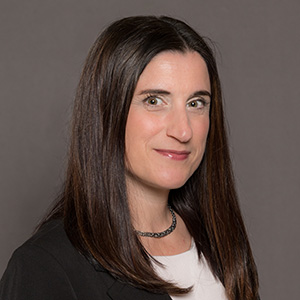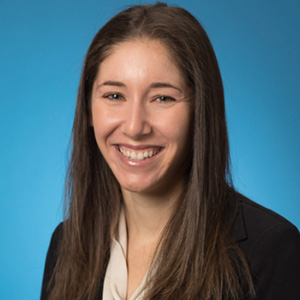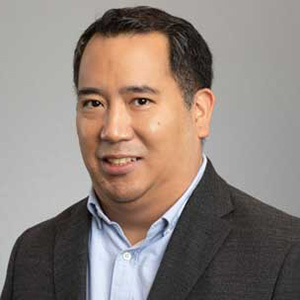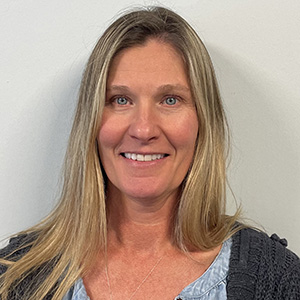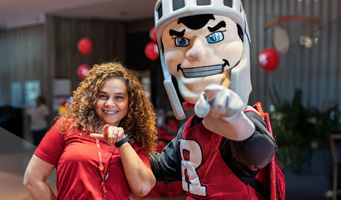Serve the Well-being of Others in Health Care, Educational, and Community Groups
Our degree program prepares students to contribute to the health and well-being of all populations. Our graduates serve people of all ages who experience illness, disease, disability, disadvantages, trauma, and challenging life circumstances, helping them to adapt through participation in meaningful occupations.
Why Study Occupational Therapy Assistant at SHP?
Rutgers is first in the tristate area offering a B.S. in Occupational Therapy Assistant. Hands on fieldwork and community experiences embedded into all 5 semesters prepare you to work with pediatric and adult populations in hospitals, skilled nursing, mental health settings, outpatient clinics, schools and more!
- B.S. degree in Occupational Therapy Assistant prepares you for your future
- Additional opportunities to work in school-based practice
- Opportunities to work full time in academia
- Seamlessly transition into graduate programs if you choose
Our graduates are prepared to be leaders in providing evidence-based intervention to clients, capture data to document OT sessions and contribute to the evaluation and discharge processes that transform people’s lives.
$67,010
* average salary of a Occupational Therapy Assistant graduate
* U.S. Bureau of Labor & Statistics
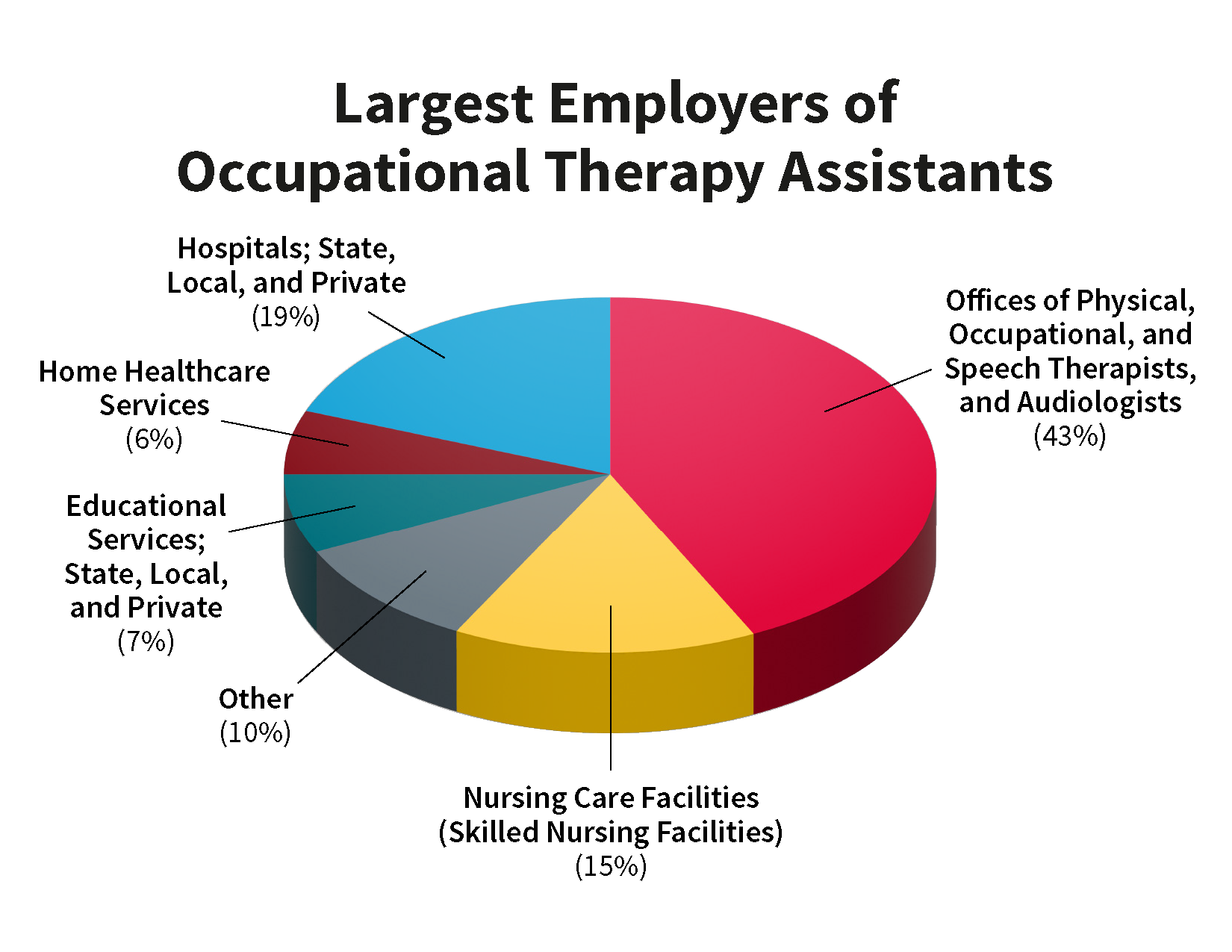
Program Highlights
Our B.S. in Occupational Therapy Assistant program is intended to meet the need in New Jersey for increasing healthcare demands and to have more advanced OTA clinicians working in the community.
-
- The B.S. OTA program is a 5-semester program beyond the pre-professional coursework
- Our program maintains an excellent reputation with our community partners
- Our program trains students to address needs of underserved populations in community-based settings
- This program meets primarily In-Person with 2 hybrid courses.
- To find information about Rutgers access and disability resources, please visit: https://radr.rutgers.edu/
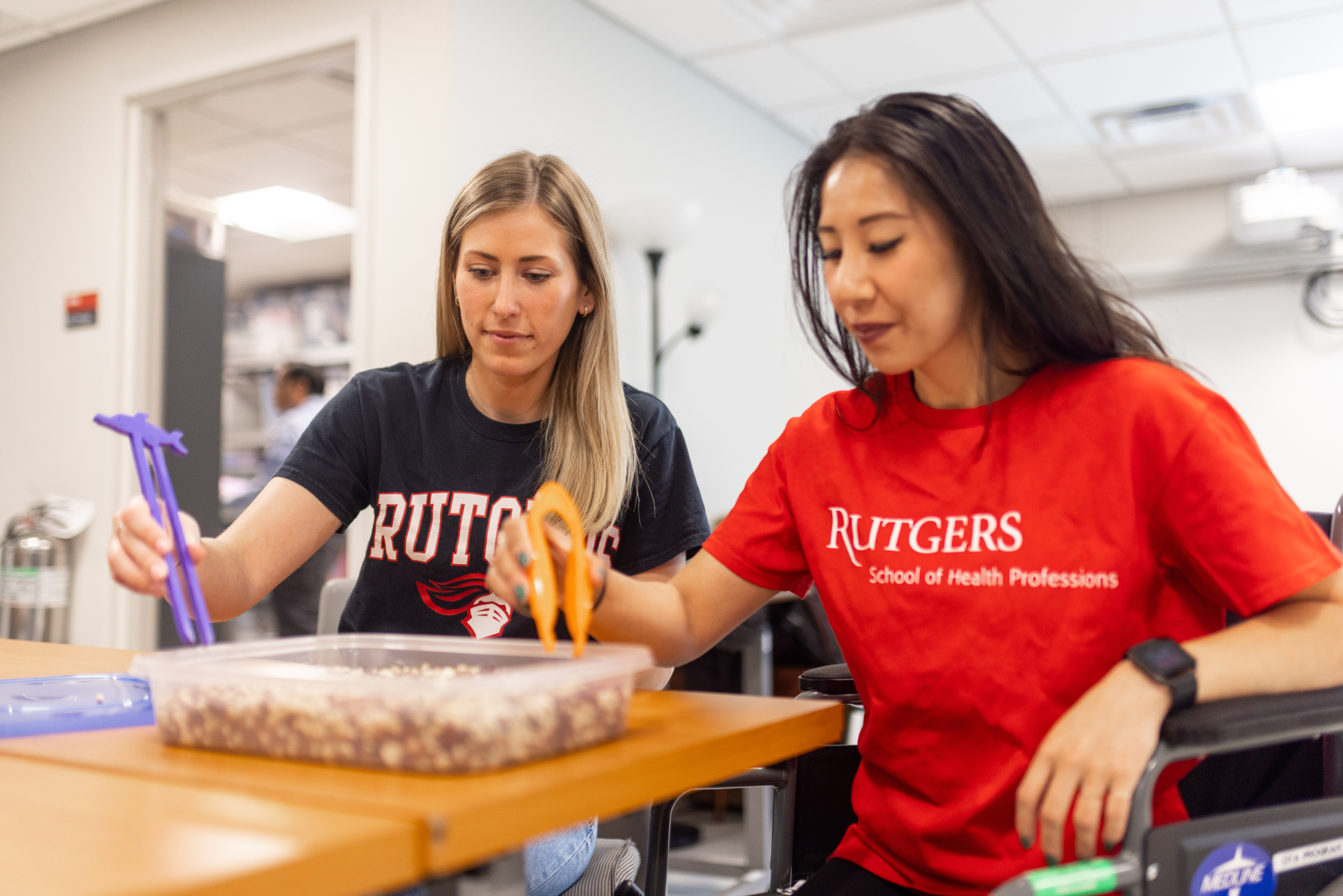
Learning Beyond the Classroom
Level I and II Fieldwork
Embedded Level I fieldwork experiences are integrated into various courses throughout the curriculum. All students must complete at least 16 weeks of Level II fieldwork education prior to graduation, which is typically completed 5 days per week. Level II Fieldwork is completed during the last semester of the program and may extend into the summer semester.
Program Overview
The OTA graduate practices as a dynamic and inter-professional team member, working under the supervision of an occupational therapist, within health care, educational, and other community systems.
Graduates of an ACOTE-accredited program are eligible to sit for the national certification examination administered by the National Board for Certification in Occupational Therapy (NBCOT). After successful completion of this exam, the individual will be a Certified Occupational Therapy Assistant (COTA). In addition, most states including New Jersey require licensure in order to practice; however, state licenses are usually based on the results of the NBCOT Certification Examination.
|
For program inquiries, contact 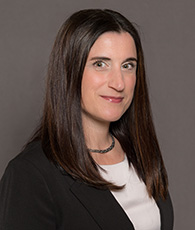 Liz Abadiotakis |
To become a fieldwork educator, contact 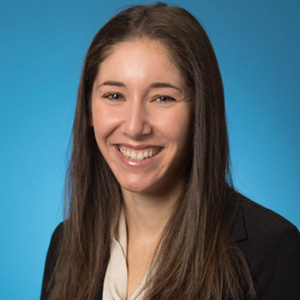 Tiffany Benaroya |
Program results from the National Board for Certification in Occupational Therapy (NBCOT) can be found at: https://www.nbcot.org/Educators-Folder/SchoolPerformance.
Please refer to our historically ranked associate degree outcome data.
Accreditation
The B.S. OTA program is seeking full accreditation by the Accreditation Council for Occupational Therapy Education (ACOTE) of the American Occupational Therapy Association (AOTA), located at
ACOTE
7501 Wisconsin Avenue
Suite 510E
Bethesda, Maryland 20814
ACOTE’s telephone number c/o AOTA is (301) 652-AOTA and its Web address is www.acoteonline.org.
State Authorization and Professional Licensing Disclosure
The Rutgers School of Health Professions Associate of Science in Occupational Therapy Assistant meets the professional licensing requirements of the following states: AL, AK, AR, AZ, CA, CO, CT, DE, DC, FL, GA, HI, ID, IL, IN, IA, KS, KY, LA, ME, MD, MA, MI, MN, MS, MO, MT, NE, NV, NH, NJ, NM, NY, NC, ND, OH, OK, OR, PA, RI, SC, SD, TN, TX, UT, VT, VA, WA, WV, WI, WY, PR
Program Location:
675 Hoes Lane West
Piscataway, New Jersey, 08854
For more info, contact Program Director Liz Abadiotakis at ea626@shp.rutgers.edu or via phone at 908-889-2474.
Admission Criteria
Please submit official college transcripts that document completion of 60 credits of general education requirements, a grade of “C” or better in each pre-professional required course listed below, and a minimum cumulative grade-point-average of 3.0 in all courses.
Please note, advanced placement (AP) courses that have been accepted by the institution from which a student is transferring may be used to satisfy general education and pre-requisite coursework so long as credit requirements have been met.
*Applicants must have met or be scheduled to complete all course requirements as per the criteria above prior to the fall semester program start date.
General Education Requirements (must include prerequisites shown below):
- 9 credits in Writing and Communications
- 6 credits in Mathematics/Quantitative Skills/Formal Reasoning
- 6 credits in Arts and Humanities
- 8-12 credits in Natural Sciences
- 6 credits in Social Sciences and Historical Diversity (*Additional credit requirement for OTA program)
- 6 credits in History, Literature, and Contemporary Issues
- 15-19 credits in Electives
*Must Total 60 credits and include the prerequisites listed below:
OTA Program Required Pre-requisites:
- Anatomy & Physiology I with lab (credits 4)
- Anatomy & Physiology II with lab (credits 4)
- General Psychology (credits 3)
- Abnormal Psychology (credits 3)
- Developmental Psychology (preferable across the lifespan) (credits 3)
- English Composition (credits 3)
- Statistics (credits 3)
- Medical Terminology (credits 3-if less credits please reach out)
*To see what category the required pre-requisites fall under, please visit the SHP General Education Requirements page.
The technology and competencies that the program’s web-enhanced design require include:
- The ability to perform basic operations of the computer
- The ability to use software applications such as Word and Power Point
- The ability to connect, access, and browse the internet using a high-speed connection
- The ability to use on-line communication tools including e-mail
- Software installation for security and virus protection
- A computer with the capability to support the following software; Canvas learning management system, Zoom including video and audio, ExamSoft, and Doculearn
Please complete the AHCAS application online. You will be required to submit the following into the CAS system:
Applicants must provide documentation of enrollment in all remaining courses to ensure this coursework is complete prior to the start of fall classes at Rutgers.
Applicant transcript must document that courses in Developmental Psychology/Lifespan and Human Anatomy and Physiology have been completed within the past five years. Anatomy and Physiology I and II must be completed at the same college or university to ensure all material is covered in a comprehensive and sequential manner.
Alternatively, applicants may submit a request to waive the five-year requirement by providing documentation that knowledge from Human Anatomy and Physiology and/or Developmental Psychology/Lifespan has been used in an employment situation during the past five years. This documentation will be reviewed and considered by the Admissions Committee for the OTA Program.
This documentation must include: Job description with narrative statement describing how knowledge from coursework was used in employment setting and letter of recommendation from a person of authority at the work agency which includes reference to job functions where this knowledge was applied.
- Applicant must submit two OTA Applicant Recommendation Forms. One must be from an occupational therapist or occupational therapy assistant where the observation hours were completed (see below), and the second from the applicant’s choice of individuals who can provide written evidence of professional behaviors and personal attributes (non-relative). Additional recommendation forms should only be completed if observation hours were completed with different occupational therapists or occupational therapy assistants. OTA Applicant Recommendation Form.
- Applicant must complete and submit documentation of a minimum of 20 hours of observation of occupational therapy services provided by a licensed occupational therapist or a licensed occupational therapy assistant. These required observation hours must be documented on the OTA Applicant Recommendation Form which requires all sections to be completed and signed by the licensed occupational therapist or a licensed occupational therapy assistant.
- Applicant must write and submit a personal essay response to the provided question. (1 single spaced page or 2 double spaced pages).
- All supporting documents must be submitted into the AHCAS portal as part of the admission process.
- Selected applicants must participate in an on-site interview with the OTA Program Admission Committee. Individuals may also be asked to participate in a group activity as part of the interview process. Applicants will be notified of the interview process after applications have been reviewed.
- A computer with the capability to support the following software; Canvas learning management system and Zoom including video and audio.
*Applicants who did not attend secondary school in the US or have not completed a sufficient number of college level English courses are required to take the Test of English as a Foreign Language (TOEFL).
Acceptable scores for TOEFL are as follows: 550 and above for paper- based test and 79 for Internet-based test. All results must be forwarded directly to the directly to the SHP admissions office from the testing agency.
Please note that a felony conviction may affect a graduate’s ability to sit for the NBCOT certification examination or attain state licensure. An individual who is considering entering an OT educational program or who has already entered an OT educational program can have his or her background reviewed by requesting an Early Determination Review. The fee for this review is $100.00.
For information on candidate code of conduct, character, and early review contact:
Credentialing Services at NBCOT
12 S. Summit Avenue, Suite 100
Gaithersburg, MD 20877
(301) 990-7979
character.review@nbcot.org
www.nbcot.org
SHP Tuition and Fees
For Tuition and Fees, please see the Undergraduate Tuition and Fees.
(Scroll down to Rutgers Health Tuition and Fee Rates and click on School of Health Professions)
OTA Cost of Attendance
The total cost of attendance for the B.S. in Occupational Therapy Assistant (OTA) program is approximately $42,662.00 for resident students and $61,382.00 for non-NJ resident students for AY 25-26.
Note: All tuition and fees are subject to change.
For Financial Aid information, please visit https://financialaid.rutgers.edu/
Curriculum
The professional coursework supports the program’s mission and emphasizes human occupation and adaptation, the process of becoming an OT professional and the required competencies and contextual influences on OT practice.
Embedded Level I fieldwork experiences are integrated into various courses throughout the curriculum. All students must complete at least 16 weeks of Level II fieldwork education prior to graduation, which is typically completed 5 days per week. Level II Fieldwork is completed during the last semester of the program and may extend into the summer semester.
Professional Curriculum Taken at Rutgers
The 60-credit professional curriculum is offered on the Busch Campus in Piscataway and includes off-site supervised fieldwork education provided by our clinical partners in healthcare, educational, and other community settings. The curriculum sequence includes four semesters of didactic coursework that includes Level I Fieldwork and a final semester of full time Level II Fieldwork education. Students are required to arrange transportation to/from all fieldwork sites.
| Course Title and Number | Credits |
|---|---|
| FALL ONE | 12 |
| OCTH3100 Foundations for the OTA | 3 |
| OCTH3110 Activity Analysis | 3 |
| OCTH3200 Performance Skills | 4 |
| OCTH3300 Communication Skills for the OTA | 2 |
| SPRING ONE | 13 |
| OCTH3409 Wellness and Mental Health (Hybrid) (Level I Fieldwork part of course) | 3 |
| OCTH3400 Older Adults | 3 |
| OCTH3609 Rehabilitation Applications I (Level I Fieldwork part of course) | 4 |
| OCTH3320 Documentation for the OTA | 2 |
| OCTH3700 Assistive Technology I | 1 |
| SUMMER ONE | 10 |
| OCTH3509 Pediatric Applications I (Level I Fieldwork part of course) | 3 |
| OCTH3710 Assistive Technology II | 1 |
| OCTH3800 Baccalaureate Capstone Development | 3 |
| OCTH3310 Group Dynamics (Level I Fieldwork part of course) | 3 |
| FALL TWO | 13 |
| OCTH4519 Pediatric Applications II (Level I Fieldwork part of course) | 4 |
| OCTH4619 Rehabilitation Applications II (Level I Fieldwork part of course) | 4 |
| OCTH4800 Professional Seminar I | 2 |
| OCTH4810 Baccalaureate Capstone Project | 3 |
| SPRING TWO | 12 |
| OCTH4811 Professional Seminar II (Hybrid) | 2 |
| OCTH4909 Fieldwork IIA – Adults | 5 |
| OCTH4919 Fieldwork IIB – Pediatrics | 5 |
Requirements for graduation from the OTA Program include the following:
- Each class must be completed with a grade of C (73%) or better and a cumulative Grade Point Average of 2.5 (on a 4.0 scale) must be earned.
- Each student must have demonstrated continual compliance with the OTA Program’s Essential Functions/Standards and the SHP Faculty/Student Honor Code.
- Level II Fieldwork (OCTH 4909, OCTH 4919) must be completed with a passing grade in accordance with the AOTA Level II Fieldwork Performance Evaluation for the Occupational Therapy Assistant Student and within 12 months of completing academic coursework.
- All students must complete (OCTH 3800, OCTH 4810) to complete the baccalaureate project with a passing grade and within 12 months of completing academic coursework.
- Each student must Complete all Graduation Requirements as specified in the OTA Program Manual and SHP Student Handbook.
- Graduates of the Occupational Therapy Assistant Program are eligible to sit for the National Certification Examination for the Occupational Therapy Assistant administered by the National Board for Certification in Occupational Therapy Inc., (NBCOT). NBCOT publishes on line resources for exam preparation and competency assessment, available at http://www.nbcot.org.
After successful completion of the exam, the program graduate is recognized as a Certified Occupational Therapy Assistant and is eligible to apply for licensure in many states including New Jersey.
Accessibility of Program Learning Environments:
Rutgers, The State University of New Jersey, uses Canvas Online Learning Management System (LMS) for student access to course materials put forth by faculty. The Canvas LMS allows for accessibility of the system itself and measures accessibility of course content through the Ally Tool to alert faculty if materials are not accessible. OTA curricular content is delivered in a multi-modal format to differentiate instruction for various learning styles. Closed captions are available by request during lectures. The physical building where classes take place on campus is a one level, ramp entry, key card access, push button door, multi room space. Tables are adjustable for height. Chairs are rolling or stationary, without height adjustment. For additional support and for accommodations please see information below.
The SHP Office of Student Affairs (OSS) is devoted to providing support services that will assist students in their pursuit of personal and academic success. A variety of services are offered and extended to all SHP OTA students. They include but are not limited to academic tutoring, counseling services, college survival tips, Educational Opportunity Fund (E.O.F.), mental health services and services for students with disabilities.
For more information go to the Office of Student Affairs Web Site: https://shp.rutgers.edu/student-affairs/
